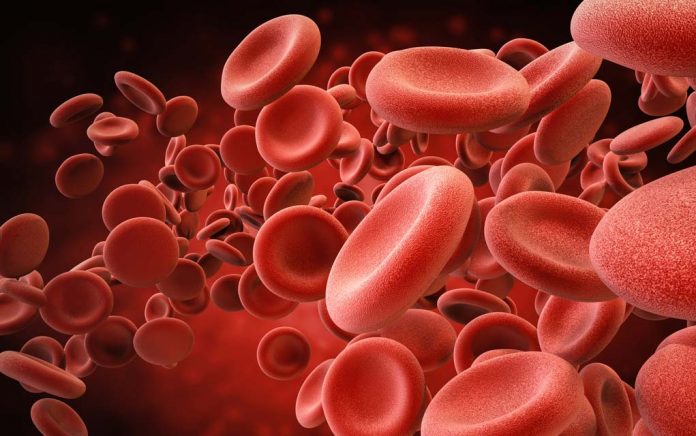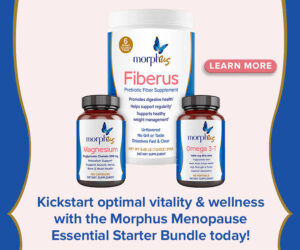
There is a growing awareness amongst health care practitioners that what one eats can influence the ability of the blood to clot. Although this may not be tremendously important to the average healthy person, it may be critical to people on drugs like coumadin. For example, foods that are high in vitamin K increase blood coagulability (clotting capacity). These foods include all the dark green vegetables like spinach, alfalfa, broccoli as well as cauliflower, egg yolks, liver, and red meats. Butter consumption reduces fibrinolytic activity, making the blood more coagulable while garlic does the opposite (thins the blood).
Supplements and blood clotting
Green food supplements like blue-green algae, spirulina, chlorella, barley green, green kamut, and others are all potent sources of vitamin K and can interfere with coumadin, the most commonly prescribed anticoagulant drug. Lactobacillus acidophilus, a friendly bacteria which resides in the large bowel of most healthy people, manufactures vitamin K as well as B vitamins, enzymes and other nutritional factors. Taking supplements of Lactobacillus acidophilus could theoretically increase the body's reserves of vitamin K. To date, however, there have been no adverse clotting reactions associated with acidophilus supplementation.
Vitamin C and bioflavonoids prevent excess bleeding anywhere in the body by strengthening the integrity of capillaries and arteries, making them less likely to rupture or leak. This is one of the reasons why vitamin C and bioflavonoids are so effective at preventing bruising. They do not, however, have any direct impact on blood clotting.
Calcium, on the other hand, contributes to increased blood clotting because of its role in the activation of of prothrombin as a cofactor with Factor XIII-a as well as in the conversion of fibrinogen to fibrin. Lecithin (from eggs or soy) is a phospholipid with a high phosphorus content. Theoretically, high intakes of lecithin could reduce blood coagulation due to its high phosphorus content which antagonizes or binds calcium in the body.
There are many nutrients which work like anticoagulants in high doses. Some of these work by preventing blood clotting factors called platelets from sticking together, while others work by decreasing the blood levels of certain clotting factors or proteins. The net effect is referred to by most laymen as blood thinning.
The best documented natural anticoagulants are nattokinase (derived from soy), garlic oil and omega-3-EPA oils (from flax seed oil, rice bran oil, cod liver oil, salmon or shark oil). Onions, wheat germ oil, primrose oil, black currant oil, olive oil, soybeans, sunflower seeds, vitamin E, coenzyme Q10, ginkgo biloba, ginger root extract, various Chinese herbs, and butcher's broom also help decrease the blood's ability to clot. The same is true of copper, cayenne, and bromelain. If one is on coumadin and wants to take natural supplements, consult a health care practitioner familiar with drug-nutrient interactions before embarking on any major changes in diet or supplements.
Dr. Rona










